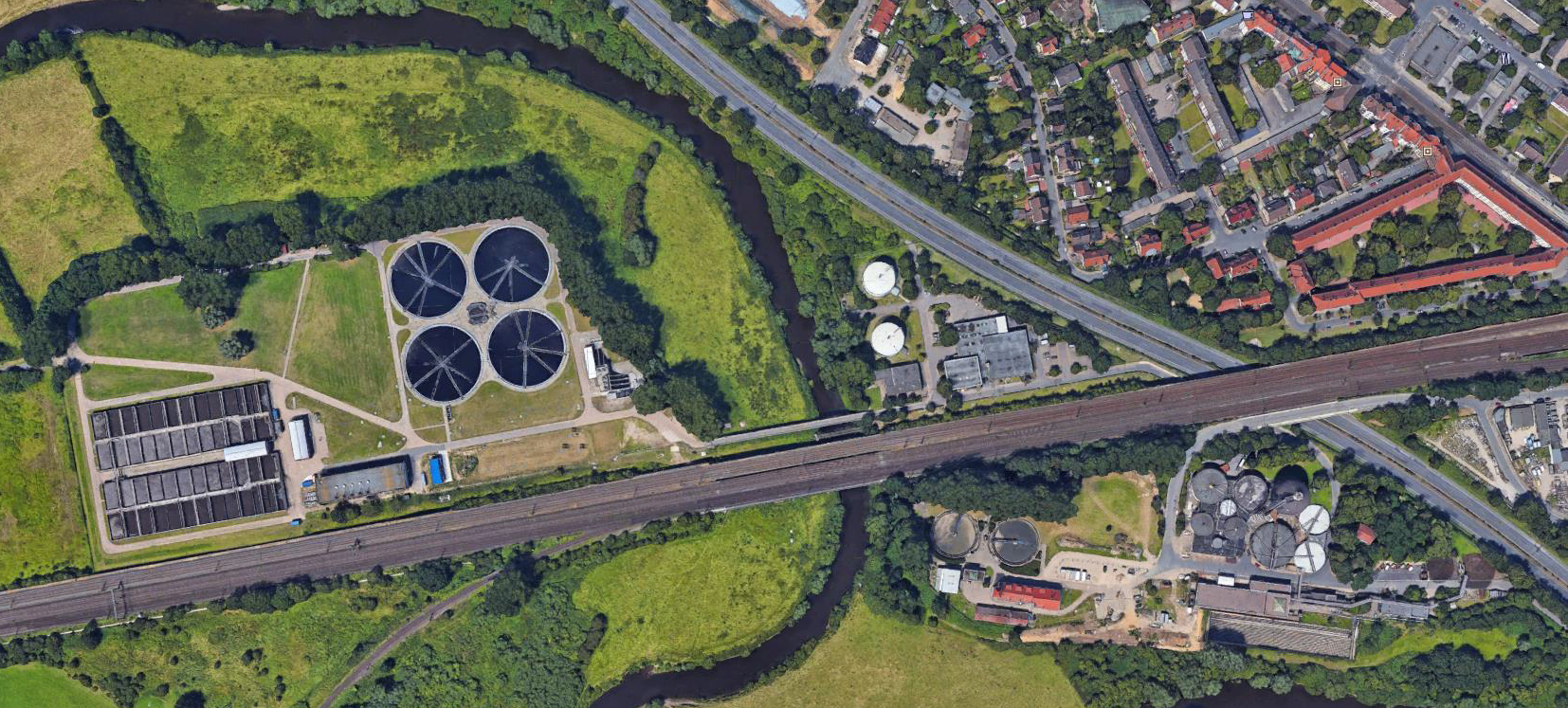Aspens is involved in the forward-thinking hydrogen project for sector coupling at the Herrenhausen sewage plant (Sewage Plant H) as a system supplier of an electrolysis plant. This endeavor is a collaborative project with the Hanover Municipal Sewerage, the Institute for Electrical Energy Systems (IfES), the Institute for Urban Water Management and Waste Engineering at Leibniz University Hanover (ISAH), and the IWAR Institute at the Technical University of Darmstadt.
The sewage plants of the future must play a key role in driving the energy transition. The treatment of wastewater consumes significant amounts of energy, with sewage plants accounting for over 20 percent of the total consumption of an urban municipality. Wastewater treatment plants of the future must be important drivers of the energy transition. Clean water and sustainable energy belong together. The innovative model project at the Herrenhausen wastewater treatment plant will produce and market green hydrogen in the future. What is special and forward-looking about this project is that all the products created during this process are to be used in order to make optimum use of the energy used. The core principle here is so-called sector coupling: in addition to the hydrogen, which is available as fuel for local public transport buses and logistics vehicles, among other things, the heat generated is to be used by feeding it into the district heating network. The particular aim of the project is to increase energy efficiency by using oxygen in the sewage treatment plant process. In addition, treated process water is used for hydrogen production instead of drinking water in the sense of water recycling. Modern and sustainable sewage treatment plants, especially those close to cities, can be ideal locations for the production of hydrogen.


